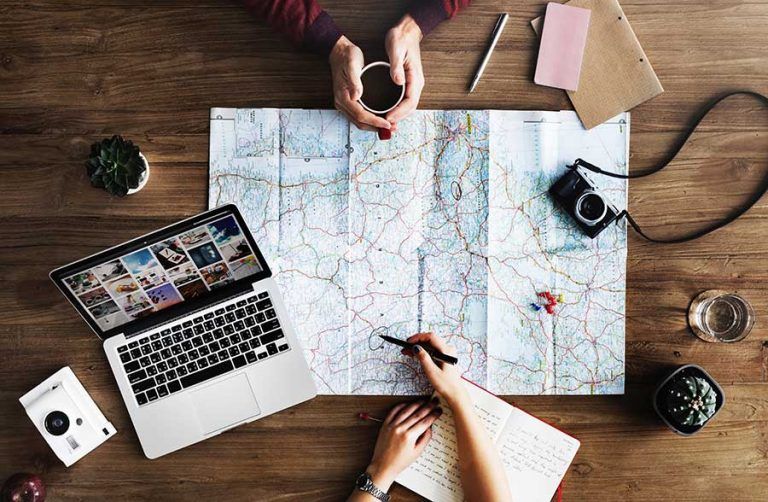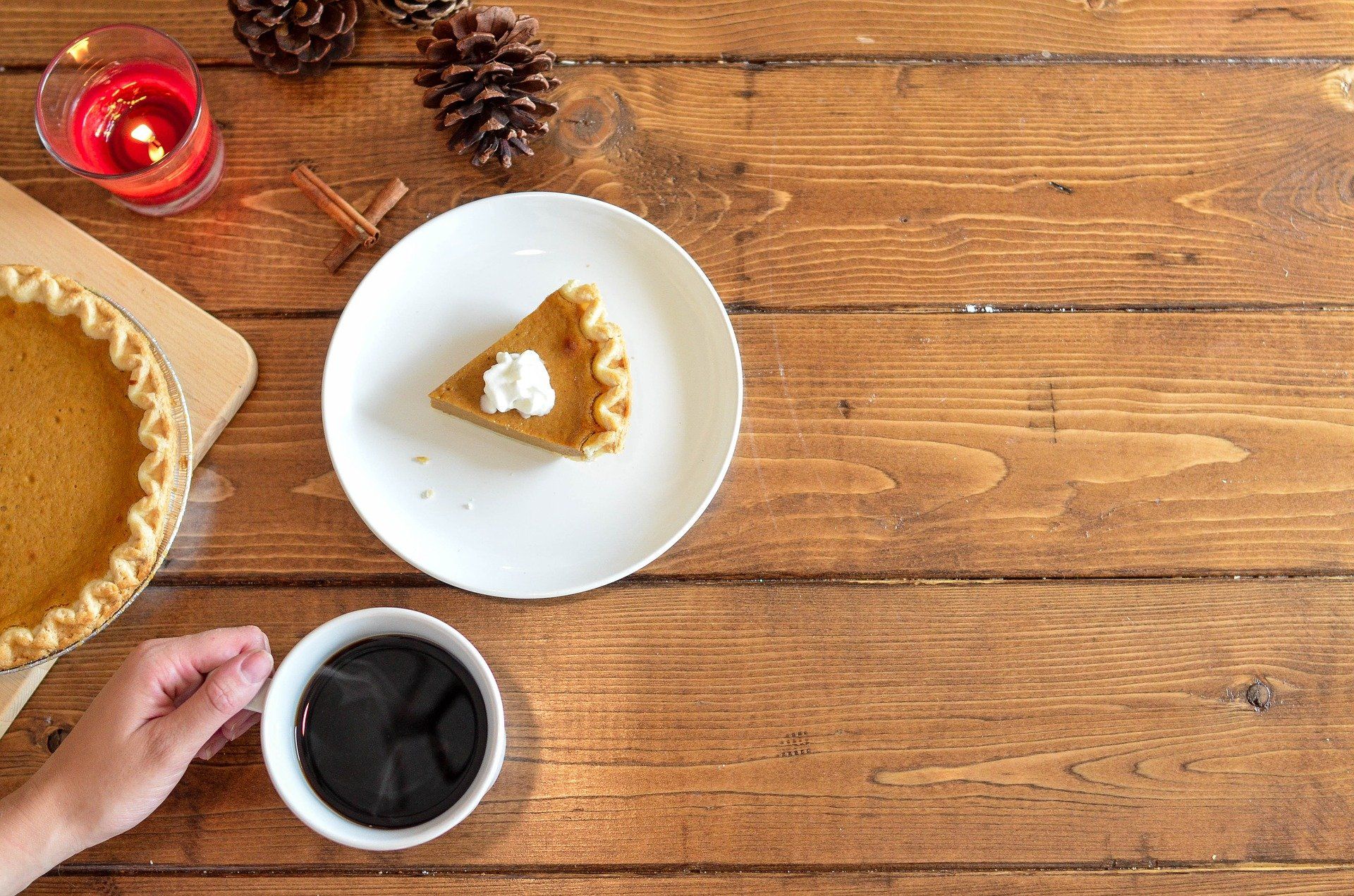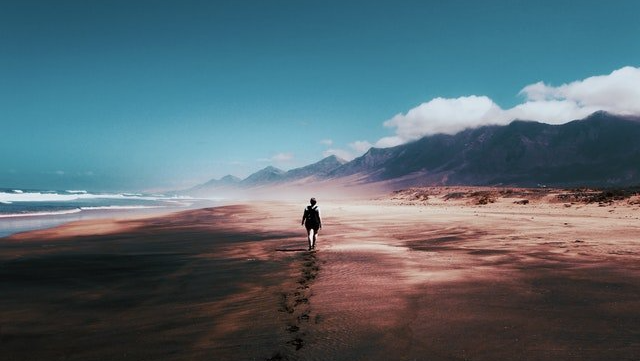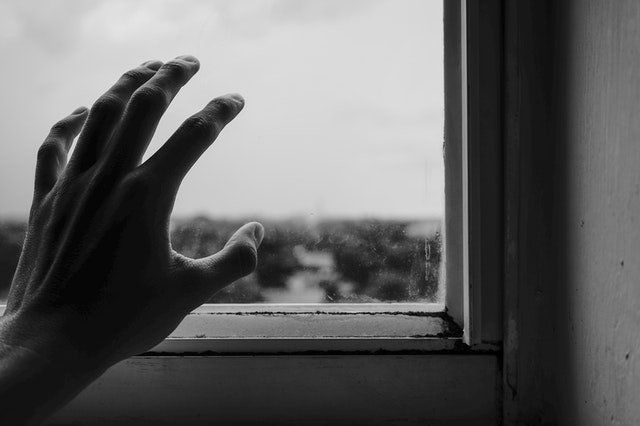2 Key Hacks for Calming Travel Anxiety
Travel anxiety can make going anywhere, even for vacation, feel like a disaster waiting to happen. Learn about how the right mindset and gear can prevent panic and increase the chances of having a great time.
The Travel Anxiety Trap
Having to deal with new people, places, and situations can put you constantly on edge. Different spaces or obligations can make you feel trapped.
All of the comforts, routines, and people you rely on to manage anxiety and function may not be available.
You may have limited or no access to sources of reassurance. Depending on where you’re going or how you travel, your on-line access and ability to charge devices may be limited.
Change Makes Travel Anxiety Worse
When you have travel anxiety, leaving your safe space is like jumping off a cliff and hoping it works out.
In addition, you may feel pressure to “have fun” or “just relax.” If you’re anxious, it can feel like you’re doing something wrong. The people you’re traveling with may get mad at you for “ruining” their trip.
If you combine these factors, an “easy” trip can quickly become a nightmare.
However, there are steps you can take to prepare yourself ahead of time.
Like an athlete, you need to get your head in the game and pack the right gear.
The 2 Key Hacks for Calming Travel Anxiety:
1) Mindset (i.e., Get Your Head in the Game):
- Commit to the choice: If you’ve decided to go, then you’re also choosing to put up with the anxiety and discomfort that comes with traveling. If you’re all in, your anxiety will have a harder time beating you up
- Have a plan:
- Research where you’re going and know where and when you can take breaks to unwind. This is a MUST to keep you from burning out by lunch.
- Research your food options, especially if you have allergies or restrictions. Eating rest stop junk or skipping meals will mess up your blood sugar. Messed up blood sugar creates the same symptoms as anxiety. You already produce enough anxiety on your own. You don’t need any help.
- Get clear on why you’re doing this: It’s amazing what we’ll do and put up with when we feel it’ll be worth it…Just ask most parents who’ve taken young kids to Disney World if you need a live example of this…Write down why you’re going on this trip and why it’s so important. Look at that every time you feel frustrated.
- Plan a reward: Leaving your safe space is a huge deal. Make sure you plan a great reward for yourself. Some ideas include a hike, massage, great meal, or an interesting tour. Having something to look forward to also boosts all your feel-good hormones.
2) Gear:
When athletes travel to a competition, most of what they pack is meant to help increase their performance and comfort.
What does that mean for the rest of us?
If you’re going to the beach, you bring a towel and sunscreen, not a snow parka. We prepare for maximum ease and comfort given where we’re going.
If you have travel anxiety, what and how you pack can make the difference between comfort and a panic attack.
Three Main Strategies to Minimize Travel Anxiety
There are three key areas you need to focus on to manage your travel anxiety:
- Be comfortable. Anything you can do to increase your physical and emotional comfort will give you more energy and patience.
- Minimize the need to keep track of stuff. The less you have to problem solve or remember, the better.
- Be prepared. Keep your emergency supplies with you so that you can quickly and easily deal with difficult situations, especially emergencies.
Below is a list of items that will help you meet these goals. I’ve also included an explanation for how each item can help you manage anxiety.
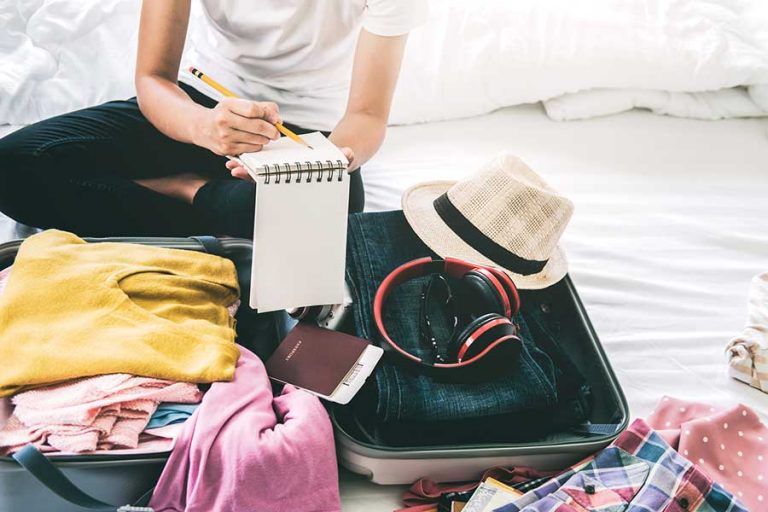
How to Pack If You Struggle With Travel Anxiety
- Sturdy carry-on bag or backpack: Keep the items on this list with you at all times. This way you can get to your comfort items quickly. It’s also important in case you’re separated from your luggage. You can always buy new clothes. It’s harder to replace your meds quickly.
- Gallon size zip lock bag with all your medications: Keep all your medications in one place. If you are flying, this must come with you during the flight. The clear bag will make it easier to get through airport security.
- Have a list of your medications in the bag (include the dose, when you take it, and the prescribing doctor’s name and number).
- Keep a picture of this list on your phone. If you lose your meds or forget your medication schedule because you’re overwhelmed, you can look at your list.
- Entertainment and distractions: Have lots to keep you busy. It’s a good idea to mix electronics, like tablets, and old school activities that don’t require electricity or a cell signal like books, magazines, and a deck of cards. There’s nothing worse for anxiety than sitting somewhere for 3 hours with nothing to do. That’s pretty much a perfect recipe for panic.
- Travel wallet: Keep everything (e.g., credit cards, money, passport, tickets) in one place. The less you have to keep track of, the better.
- Portable charger: Make sure you can charge your electronic devices no matter where you are. Having devices run out of power is a worry you can easily prevent.
- Waterproof cable organizer: Keep all chargers, cables, and adaptors organized in one place. Things will be easier to keep track of and find. You can purchase a cable organizer or use a large Zip Lock bag.
- A folder with essential information: This should include copies of tickets, passport, itinerary, hotel information, medication lists, necessary medical information, and contact info for local hospitals and urgent care clinics. Paper copies seem outdated until you need information but are stuck somewhere with poor cell signal.
- Ear plugs or noise cancelling head phones: Anxiety can increase your sensitivity to noise. You want to be in control of the level of noise around you. Foam ear plugs are the least expensive option but will only muffle sound. Noise cancelling headphones will completely drown out noise around you (i.e., everything gets quiet), let you listen to music, and not draw any weird looks.
- Healthy snacks: Hunger and low blood sugar create symptoms that feel like anxiety. Don’t rely on rest stops or airport food courts to provide healthy food that will keep your blood sugar stable. Carry snacks with you throughout your entire trip so you never get too hungry or have to rely on junk food. (Note: Getting a cupcake at a bakery you saw on the Food Network is always a good idea).
- Large water bottle: Bring a large water bottle that you can refill and carry with you. Dehydration will make you feel sick and further increase anxiety symptoms. Try to avoid sugary or caffeinated drinks which can cause physical sensations that feel like anxiety.
- Chewy candy: Anything that makes you work hard to chew relaxes your brain and body. Make sure you always have some with you in the car, airport, plane, and in public spaces. Some examples include gum (the thick, square kind like Bubble Yum), Starburst, and Tootsie Rolls.
Next Steps
When you struggle with anxiety, traveling anywhere is tough. You’re very brave for traveling despite your anxiety. Remind yourself of that.
The best strategy for managing anxiety while traveling is to shift your mindset and have the best gear possible to ensure your comfort and success.
This is my challenge for you:
- Shift your mindset to fully make the best out of your choice to travel.
- Make sure you have the right gear, in the right place, at the right time.
This is the exact strategy pro athletes use to win championships.
There’s got to be something to it.
Please contact us to set up an appointment.
We can help give you information, a map for next steps, and hope that you can have the life you want.
Wishing you the best,
Dr. Levy
Director
Dr. Ronit Levy is a clinical psychologist and director of Bucks County Anxiety Center in Newtown, PA. She specializes in treating teens and adults struggling with anxiety due to Anxiety Disorders, OCD, chronic illness, and life events. Dr. Levy trains and supervises other therapists and presents on mental health in the community.
Anxiety & OCD Blog Latest Posts
About Us
The therapists who practice at Bucks County Anxiety Center work with teens (ages 14 and up) and adults struggling with anxiety and OCD.
All Rights Reserved | Bucks County Anxiety Center

